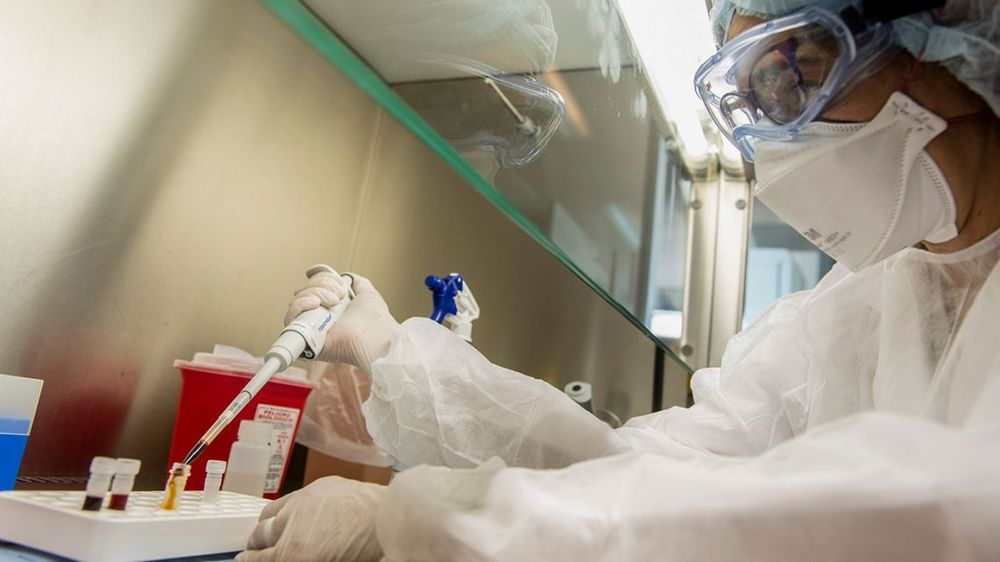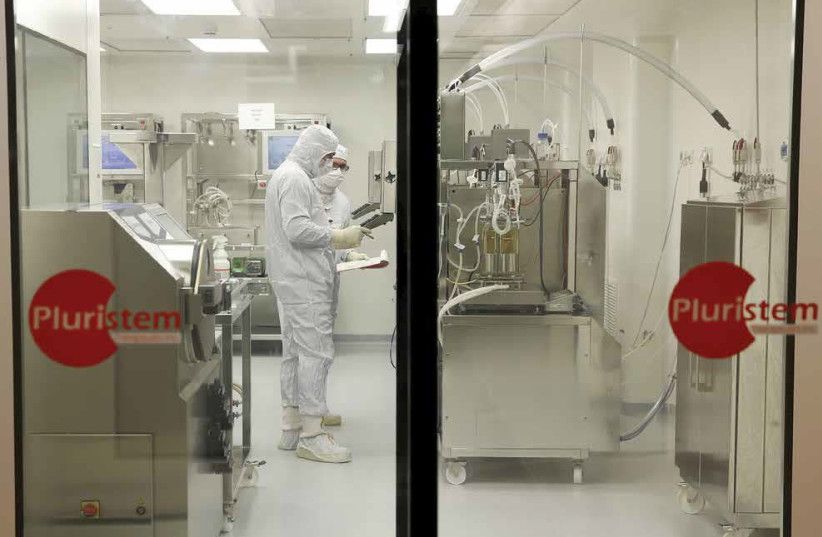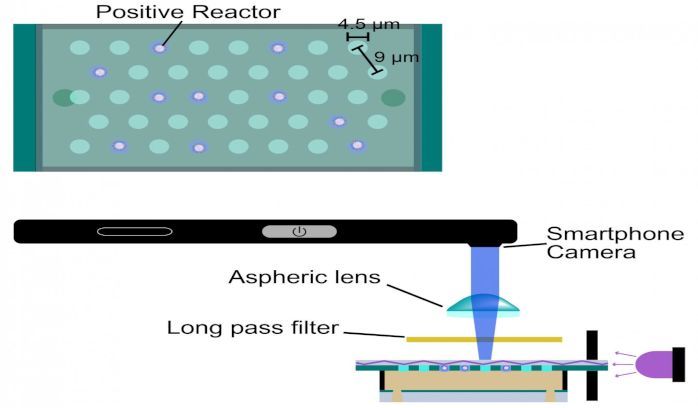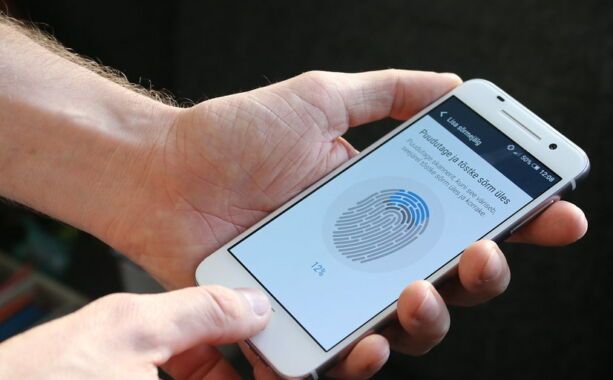Scientists in Argentina decipher complete genome of SARS-Cov-2. Work by ANLIS-Malbrán Institute specialists will allow experts to follow evolution of virus in Argentina, ensure quality of diagnosis and contribute to development of vaccine.


If you’re curious about the origins of the COVID-19 pandemic and its relationship to animals, I’d like to recommend an excellent interview with a bat virus expert who was in Wuhan, China at ground zero in mid-January. He has been involved in a series of investigations of viral epidemics since the mid-1990s.
Ira Pastor, ideaXme life sciences ambassador, interviews Dr. Linfa Wang, director of the Program in Emerging Infectious Diseases at the collaborative Duke-National University of Singapore Medical School in Singapore.
Ira Pastor Comments:
As we sit here in 2020 in the middle of the COVID-19 global pandemic, we’re hearing terms like “zoonotic disease,” “viral spillover,” “intermediate species,“as well as quite a bit of references to bats, the potential natural reservoir of COVID-19 virus.
As such, a leading global thought leader at the epicenter of these domains has taken the time out of his busy schedule to join us for our episode today.

Not only have all the patients survived, according to Pluristem, but four of them showed improvement in respiratory parameters and three of them are in the advanced stages of weaning from ventilators. Moreover, two of the patients with preexisting medical conditions are showing clinical recovery in addition to the respiratory improvement.
“We are pleased with this initial outcome of the compassionate use program and committed to harnessing PLX cells for the benefit of patients and healthcare systems,” said Pluristem CEO and president Yaky Yanay. “Pluristem is dedicated to using its competitive advantages in large-scale manufacturing to potentially deliver PLX cells to a large number of patients in significant need.”
Pluristem’s PLX cells are “allogeneic mesenchymal-like cells that have immunomodulatory properties,” meaning they induce the immune system’s natural regulatory T cells and M2 macrophages, the company explained in a previous release. The result could be the reversal of dangerous overactivation of the immune system. This would likely reduce the fatal symptoms of pneumonia and pneumonitis (general inflammation of lung tissue).
Abstract: Quantum optics is the study of the intrinsically quantum properties of light. During the second part of the 20th century experimental and theoretical progress developed together; nowadays quantum optics provides a testbed of many fundamental aspects of quantum mechanics such as coherence and quantum entanglement. Quantum optics helped trigger, both directly and indirectly, the birth of quantum technologies, whose aim is to harness non-classical quantum effects in applications from quantum key distribution to quantum computing. Quantum light remains at the heart of many of the most promising and potentially transformative quantum technologies. In this review, we celebrate the work of Sir Peter Knight and present an overview of the development of quantum optics and its impact on quantum technologies research. We describe the core theoretical tools developed to express and study the quantum properties of light, the key experimental approaches used to control, manipulate and measure such properties and their application in quantum simulation, and quantum computing.



Most of us are similar with ‘viruses’ and malware relating to our computers or smartphones, but Yoshihiro Minagawa, a researcher from the University of Tokyo has taken it on literally – he has invented a portable, low-cost, battery-powered device that pairs with a smartphone, which was tested with viruses but could also detect other biological markers. His initial findings, together with other teammates were published recently in the journal, Lab on a Chip.
The current leading method to assess the presence of viruses and other biological markers of disease is effective but large and expensive. It is prohibitively difficult for use in many situations, especially due to certain economic and geographic factors. Although highly accurate at counting viruses, these tools are just too cumbersome for many situations, especially when rapid diagnosis is required.
“I wanted to produce a useful tool for inaccessible or less-affluent communities that can help in the fight against diseases such as influenza,” said Minagawa. “Diagnosis is a critical factor of disease prevention. Our device paves the way for better access to essential diagnostic tools.”

The military branches are requiring troops to make their own cloth face masks after the Pentagon’s latest policy directed face coverings for all personnel during the novel coronavirus outbreak.
The Defense Department announced Sunday that troops, DoD civilian employees, contractors and family members are encouraged to make simple coverings out of clean T-shirts and other household materials. The do-it-yourself face coverings are mandatory whenever people cannot maintain six feet of social distance in public areas or places of work, according to the policy, signed by Defense Secretary Mark Esper.
The DIY masks will help preserve much-needed N95 and surgical masks for health care workers, the policy states.

The U.S. Army’s top enlisted soldier said Tuesday that the service plans to issue some type of non-surgical mask to troops to help control the spread of the novel coronavirus.
During an Army Facebook Live on Tuesday, Sergeant Major of the Army Michael Grinston said that soldiers should follow the face-covering guidance the service issued Monday evening until it can provide masks for them.
“We are going to get you the masks,” he said. “In the near term, we will get you something either black or camouflage to put on.”

Although hackers managed to defeat TouchID with a fake fingerprint less than 48 hours after the technology was rolled out in the iPhone 5S, fingerprint-based authentication over the past few years has become much harder to defeat. Today, fingerprints are widely accepted as a safe alternative over passwords when unlocking devices in many, but not all, contexts.
A study published on Wednesday by Cisco’s Talos security group makes clear that the alternative isn’t suitable for everyone—namely those who may be targeted by nation-sponsored hackers or other skilled, well-financed, and determined attack groups. The researchers spent about $2,000 over several months testing fingerprint authentication offered by Apple, Microsoft, Samsung, Huawei, and three lock makers. The result: on average, fake fingerprints were able to bypass sensors at least once roughly 80 percent of the time.
The percentages are based on 20 attempts for each device with the best fake fingerprint the researchers were able to create. The results may not be fully applicable to Apple products since they limit users to five attempts before asking for the PIN or password. Other products tested permitted significantly more or even an unlimited number of unsuccessful tries.